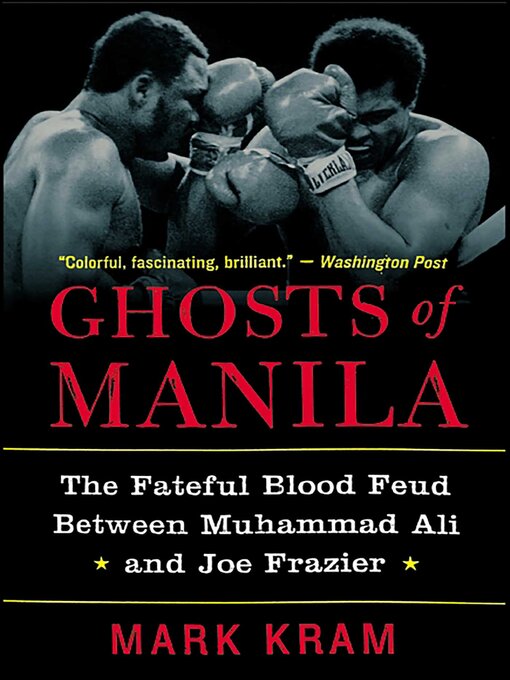When Muhammad Ali met Joe Frazier in Manila for their third fight, their rivalry had spun out of control. The Ali-Frazier matchup had become a madness, inflamed by the media and the politics of race. When the "Thrilla in Manila" was over, one man was left with a ruin of a life; the other was battered to his soul.
Mark Kram covered that fight for Sports Illustrated in an award-winning article. Now his riveting book reappraises the boxers — who they are and who they were. And in a voice as powerful as a heavyweight punch, Kram explodes the myths surrounding each fighter, particularly Ali. A controversial, no-holds-barred account, Ghosts of Manila ranks with the finest boxing books ever written.

